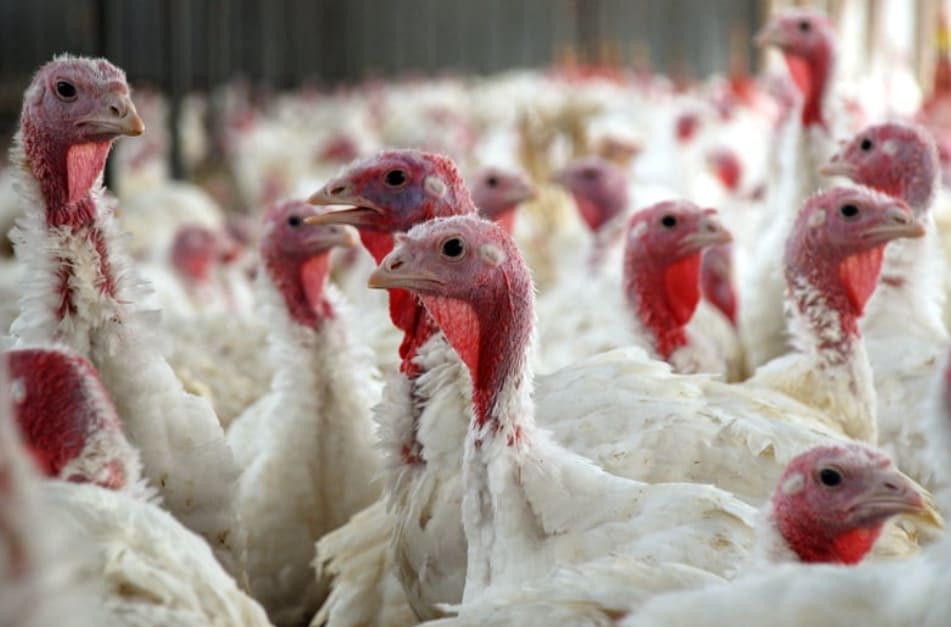How New Avian Flu Outbreak Could Affect Turkey Dinners in New Jersey on Thanksgiving

How New Avian Flu Outbreak Could Affect Turkey Dinners in New Jersey on Thanksgiving
by Jessica Woods

TRENTON, NJ – The U.S. Department of Agriculture (USDA) announced the discovery of avian flu in a commercial poultry farm in Jerauld County, South Dakota, marking the first such incident since April. The infected population consisted of 47,300 turkeys.
A widespread outbreak could affect turkey prices ahead of the upcoming Thanksgiving holiday for consumers in New York, New Jersey and Pennsylvnia.
To curb the virus’s proliferation, the standard protocol involves culling the affected flocks. If the outbreak escalates, the supply of poultry meat and eggs might become constrained.
Data from the USDA reveals that since 2022, about 58.8 million turkeys, chickens, and other birds in the U.S. have succumbed to the highly pathogenic avian influenza (HPAI). This epidemic led to unprecedented price hikes for turkey meat and eggs last year, further pressuring consumers grappling with inflation. Farmers have made considerable efforts to rejuvenate their flocks, thereby augmenting the supply. Cal-Maine Foods, the U.S.’s premier egg producer, reported this week a significant 48% price drop for conventional eggs compared to last year, with the price now standing at $1.24 per dozen for the quarter ending Sept. 2. The firm’s net sales for the quarter also decreased by 30%, amounting to $459.3 million.
The company highlighted the continued presence of HPAI in wild birds, noting the unpredictability of potential outbreaks, especially with the impending fall migration season. It is common knowledge that wild avian species, such as ducks, are carriers of the virus. Before the recent South Dakota case, the U.S. had only recorded avian flu infections in live bird markets and non-poultry birds since April, as per USDA records. The last commercial farms affected by the virus in April were turkey farms located in South Dakota and North Dakota.
